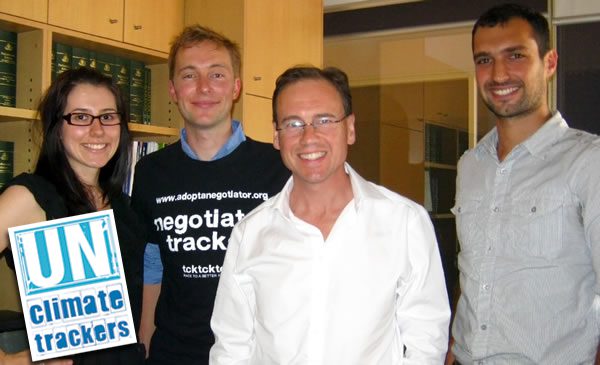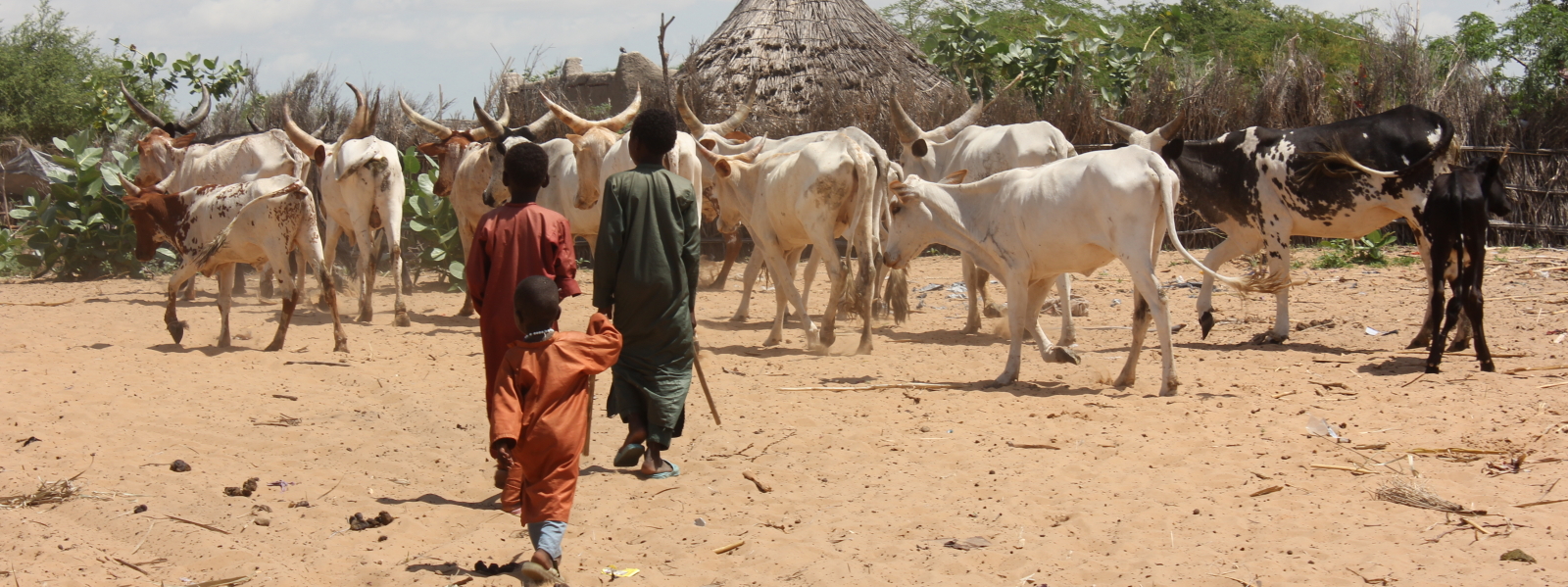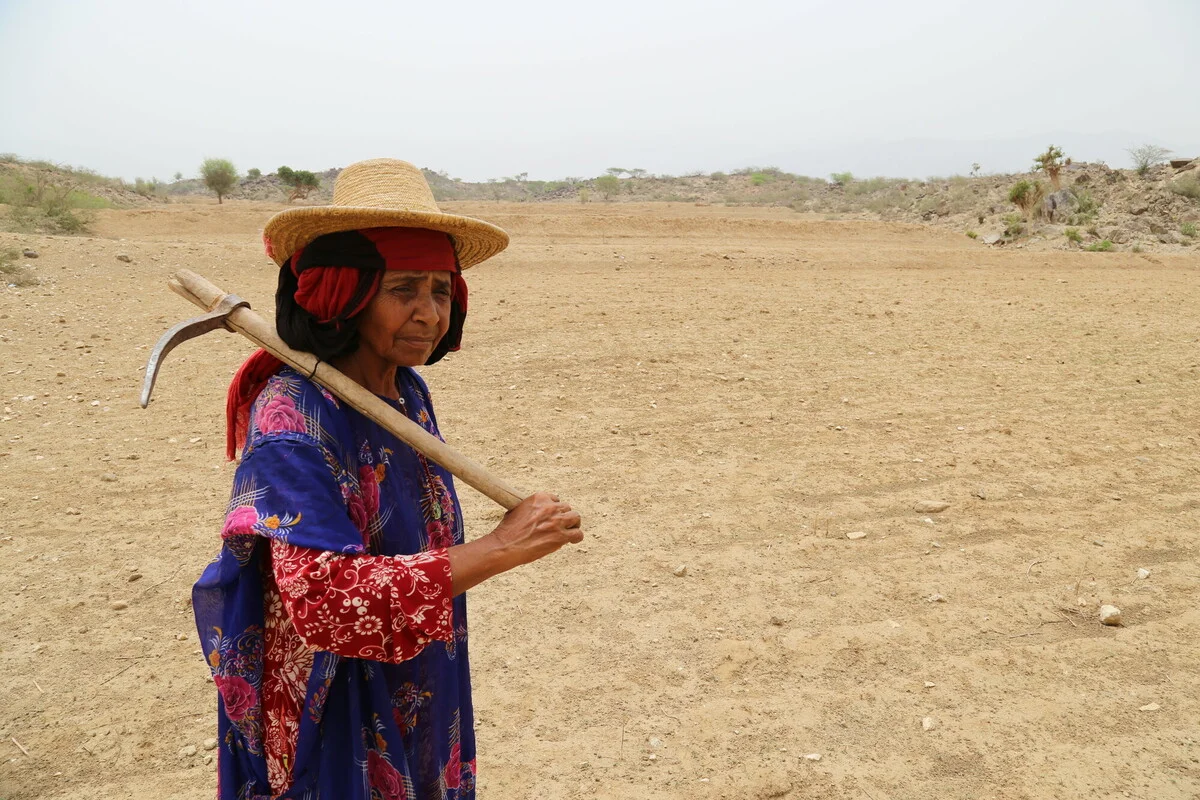Clancy Moore is blogging from the UN negotiations in Durban as part of Oxfam Australia’s UN Climate Tracker project.
The heavily debated carbon price legislation has just passed the Senate – an historic first step for Australia in tackling climate change – and so it was fortuitous timing for our meeting with Shadow Minister for Climate Action, Environment and Heritage, Greg Hunt.
I, flanked by two fellow Climate Trackers, Jeff and Alana, arrived at the office of the Federal Member for Flinders in the sleepy seaside town of Hastings. The Shadow Minister for Climate Action might have assumed we were there to discuss the significance of the carbon price legislation; instead we wanted to hear his thoughts on the upcoming UN Climate Summit in Durban, South Africa.
He was largely pessimistic about any real outcomes from Durban. He felt that a “big bang” global agreement is “its own worst enemy”. Instead he discussed a “G4” negotiation between the US, China, India and the EU. He also suggested the way forward being a series of sectoral agreements to reduce emissions – for example in aviation, agriculture, forestry, and shipping – leading to a global agreement post-2015.
I took this opportunity to discuss the idea of global levy on shipping emissions which would reduce emissions and raise much needed money to fill the UN Climate Fund to help poor people in developing countries deal with climate change. Whilst supportive of sector or industry wide approaches to tackle climate change, Mr. Hunt discussed the need for initiatives that actually reduce emissions and that a levy on shipping emissions would be another form of taxation.
Oxfam’s research shows that a small levy of $25 per ton of emissions would raise approximately $10 billion per year for the UN Climate Fund and have a significant reduction on emissions. The global shipping sector currently accounts for 3% of global emissions.
Personally, I relished the opportunity to talk with one of Australia’s most senior political leaders about the future of the UN climate talks, climate finance and Australia’s role.
Alana who has been tracking the climate talks since Copenhagen said “It was good to see that while we may disagree on the best path to get there, we ultimately share the same objective – securing a global agreement on climate change.”
Jeff who has recently returned from a 12 month volunteer program in Samoa said “I enjoyed meeting Greg Hunt and discussing how climate change has impacted on people’s food and water supplies in the Pacific including the islands of Savaii and Upolu in Samoa.”
Later this week, I and some other UN Climate Trackers will meet with the Australian Greens to hear their thoughts on Australia’s role at the UN Climate Summit. At Durban, I will also be meeting Australia’s Minister for Climate Change and Energy Efficiency, Greg Combet and will take your questions and a special to-do list for the Government.
As the International Energy Agency report released last week shows, rich countries, like Australia, need to do to more to reduce emissions and tackle climate change. Passing the carbon price through parliament is a good first step. However, I believe we need to keep pressuring our political leaders to act on climate change.
You can become a UN Climate Tracker and help pressure Australia take the next step in acting on climate change.



